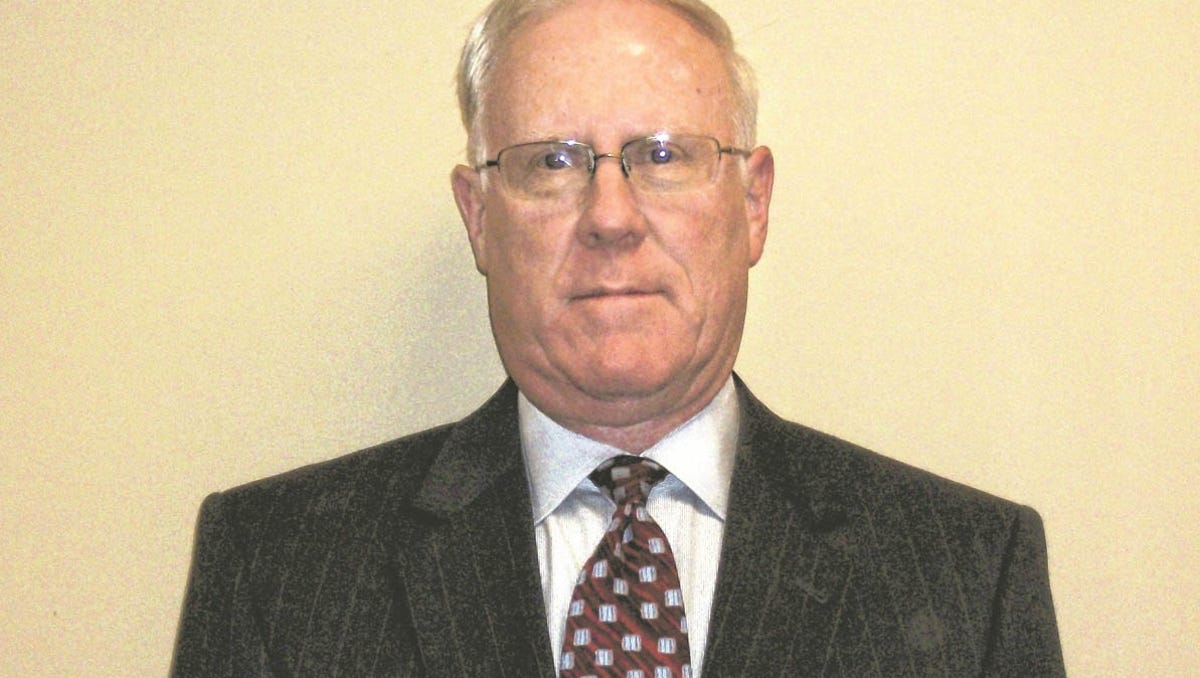The FTC won’t tolerate companies that deceive consumers, including small business owners, with false claims about how they employ artificial intelligence to make their products and services better.
In a new enforcement action, Christopher Mufarrige, the Director of the FTC’s Bureau of Consumer Protection, said, “Companies that market AI-related tools with false promises of unrealistic investment returns and guaranteed refunds harm hardworking small business owners and undermine legitimate business’s adoption of AI.
The FTC is focused on ensuring the promise of new technology isn’t misused as a means to mislead consumers.”
I wrote an earlier column about FTC actions against:
- Ascend Ecom, which peddled an online business opportunity it claimed employed “cutting edge” AI-powered tools to help consumers earn thousands of dollars a month in passive income by operating online stores on Amazon, Etsy, and other sites. The FTC alleged the company defrauded consumers out of at least $25 million and obtained a court order in June banning the company and its owners from selling business opportunities.
- Ecommerce Empire Builders (EEB), which the FTC said deceived consumers with similar AI-related claims about its business opportunity that cost as much as $35,000. The company promised consumers profits of $10,000 per month, but according to the FTC, the profits never materialized and most consumers suffered significant losses. The FTC obtained a court order in May banning EEB and its owner from selling business opportunities.
But just like the Whac-A-Mole arcade game, new companies making deceptive AI claims pop up for the FTC to whack. The FTC has sued to stop another company from using deceptive AI claims to, in the FTC’s words, “fleece small businesses and entrepreneurs.” Some have lost as much as $250,000.
According to the FTC, since at least February 2023, Air AI has deceptively marketed business coaching materials and support, coupled with a suite of business support services called an “Air AI Access Card.” The company advertised their flagship feature as “conversational AI” that could replace human customer service representatives and claimed some buyers of its services could make millions of dollars.
The FTC charged Air AI with:
- making false or unsubstantiated claims that people who purchase their services will or are likely to make substantial earnings;
- falsely claiming that purchasers of the Air AI Access Card or licenses are protected by a refund or buy-back guarantee;
- misrepresenting the performance, efficacy, nature, or central characteristics of their services, their refund policies, or the risk, earnings potential, or profitability of its services, in violation of the Telemarketing Sales Rule; and
- failing to provide consumers with required disclosure documents and earnings claims statements, making false claims about the profitability of the investment and their refund and cancellation policies, and failing to provide refunds when consumers met the refund policy requirements, in violation of the Business Opportunity Rule.
Air AI has an F record with the BBB headquartered in Phoenix for failing to respond to complaints and because the BBB has concerns about its advertising. One consumer complained that “Purchased a conversational AI server for $100,000 and they lied about its capabilities and security. Complete scam these guys. They said would give a refund and contact us but failed to do so. Scam.”
Don’t let AI hype cloud your judgment when evaluating a business opportunity.
Randy Hutchinson president & CEO BBB of the Mid-South.
link

